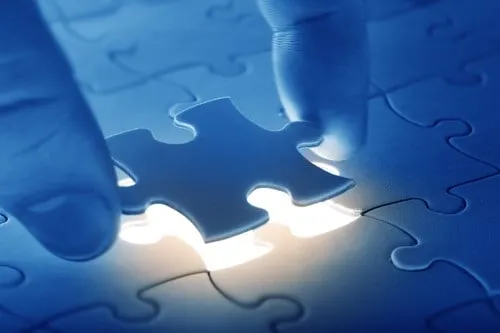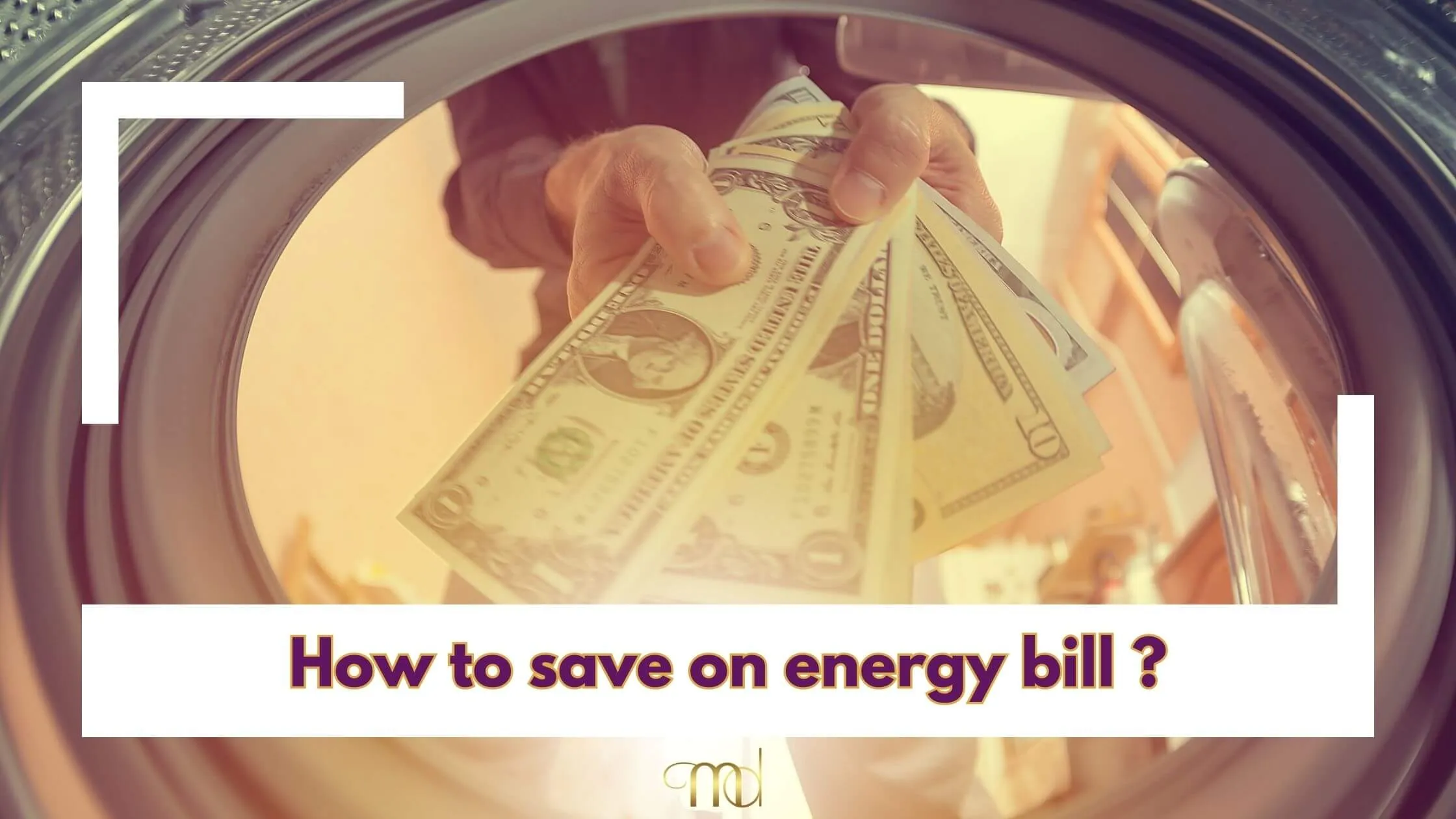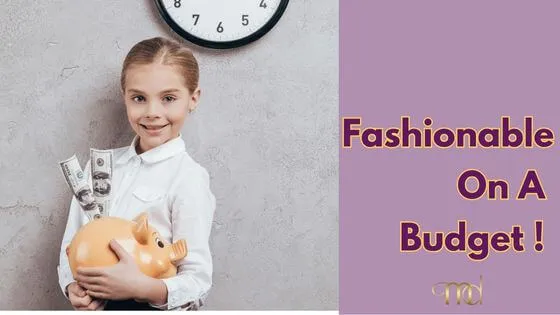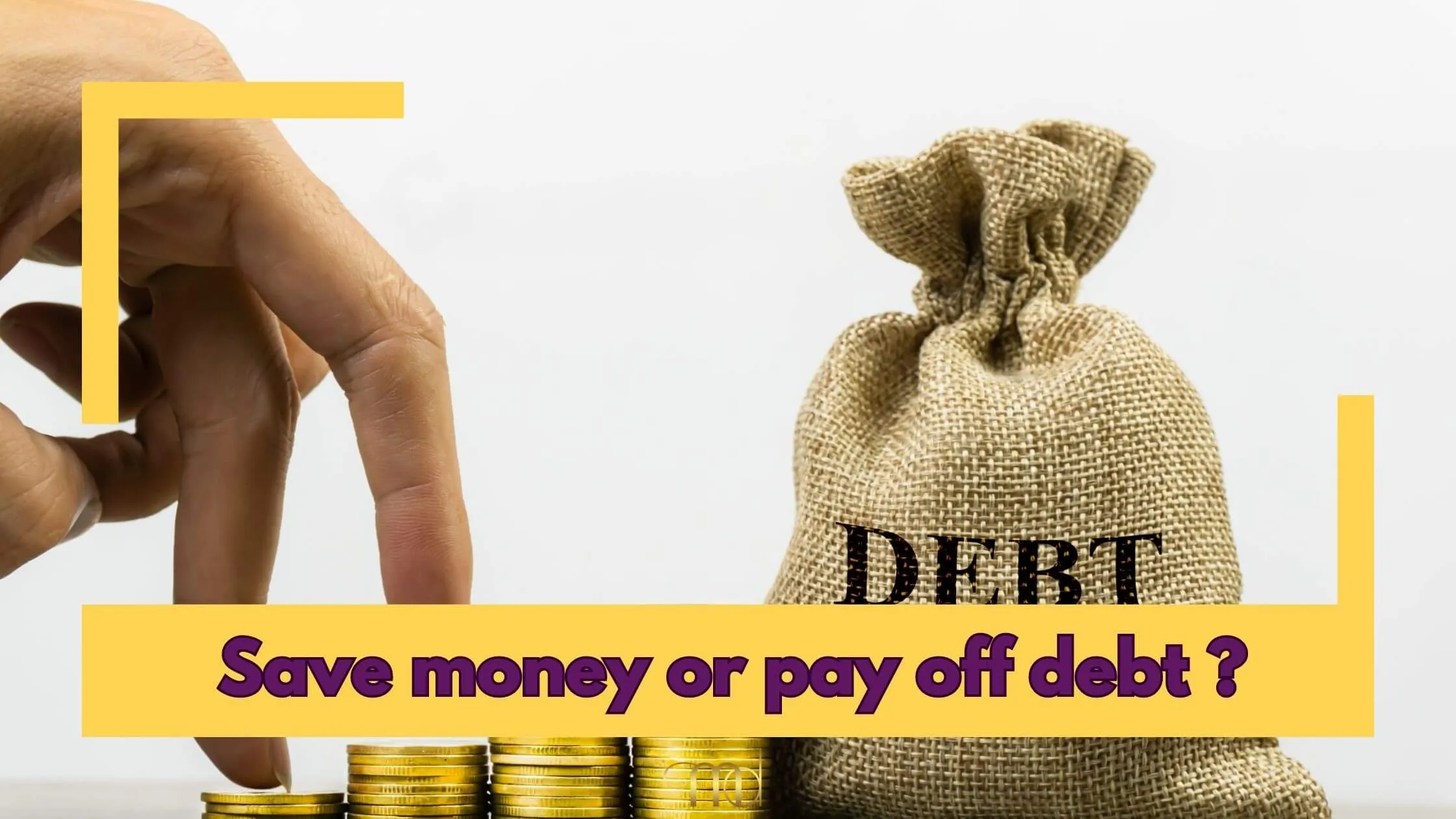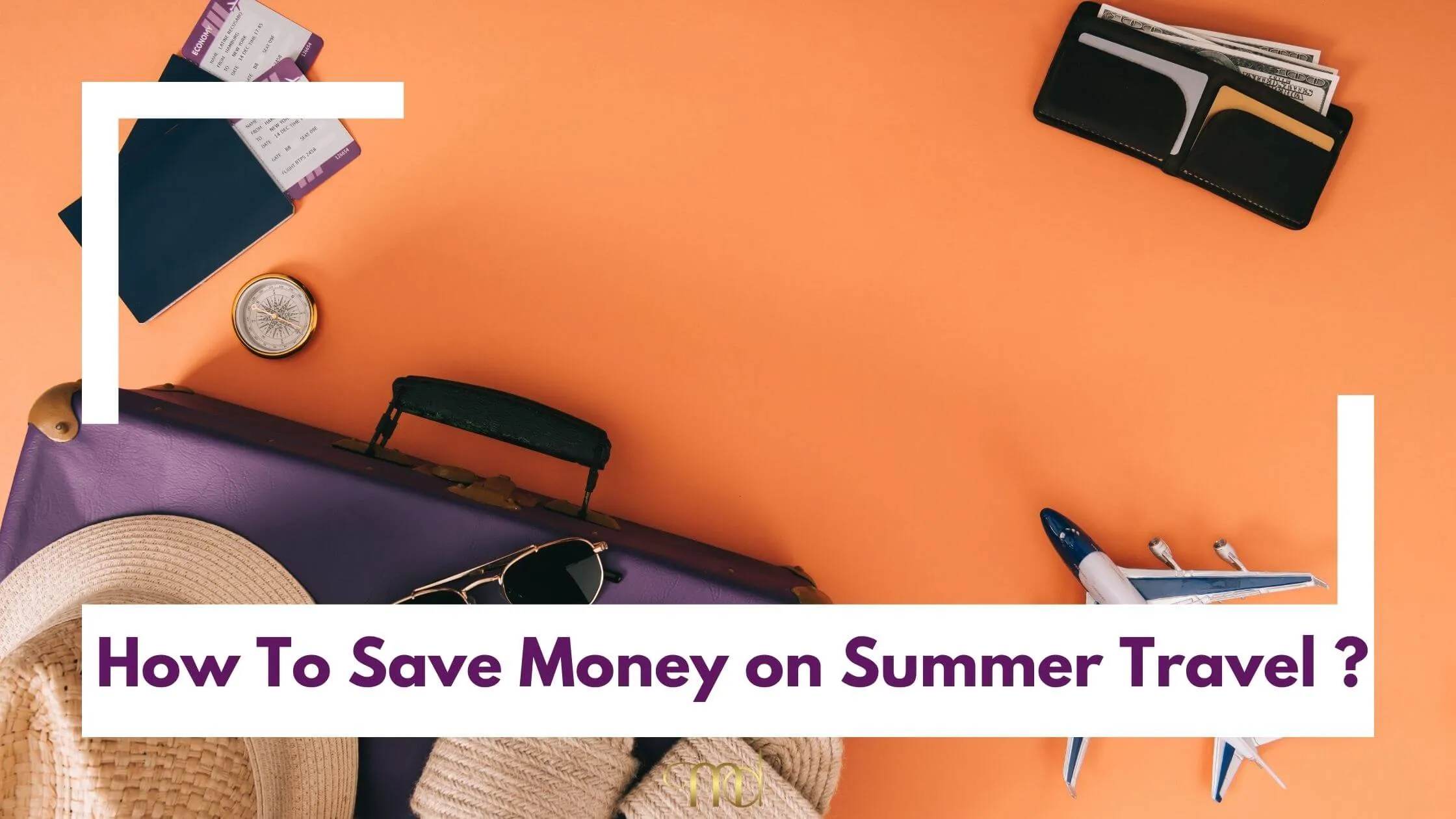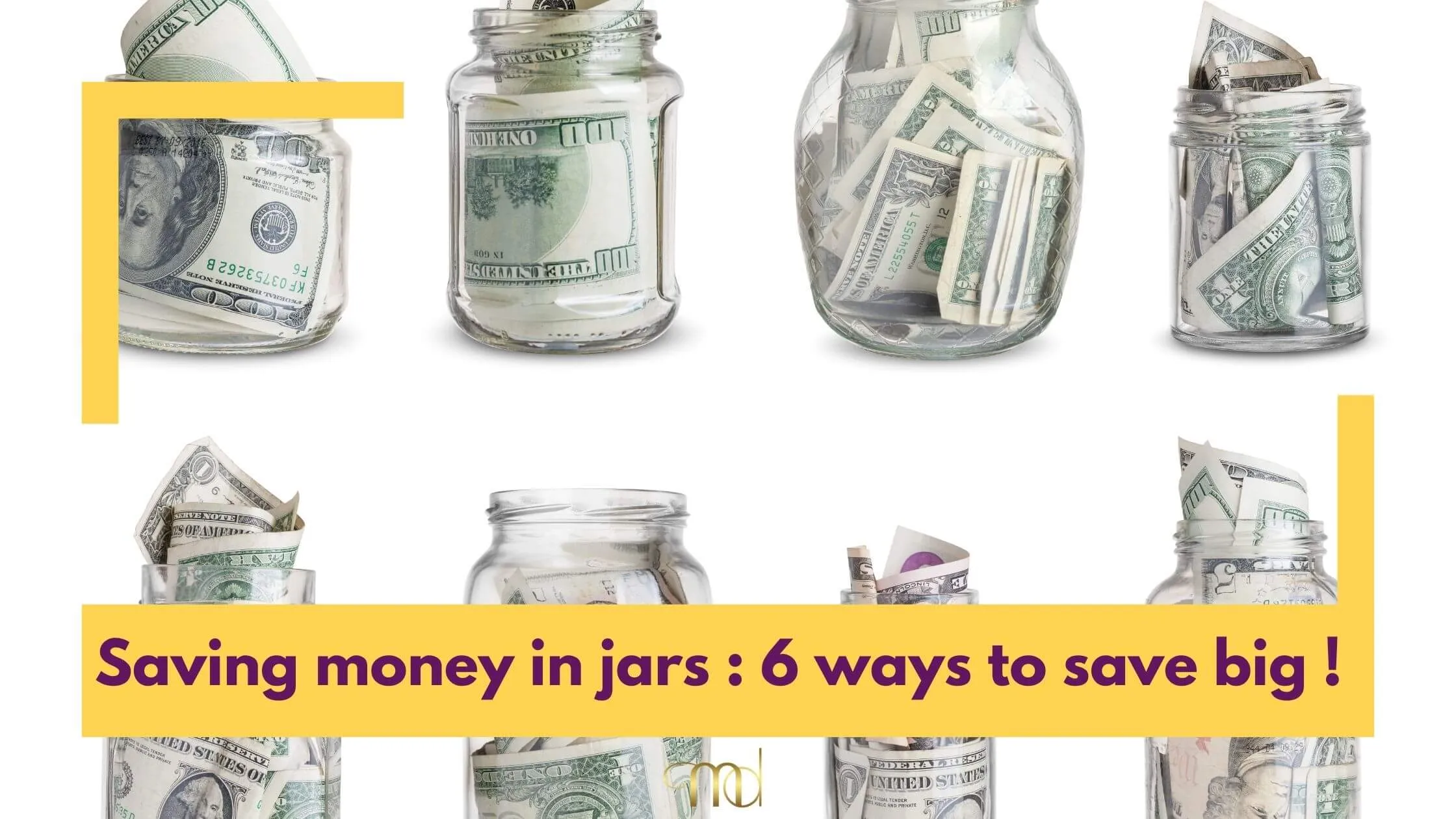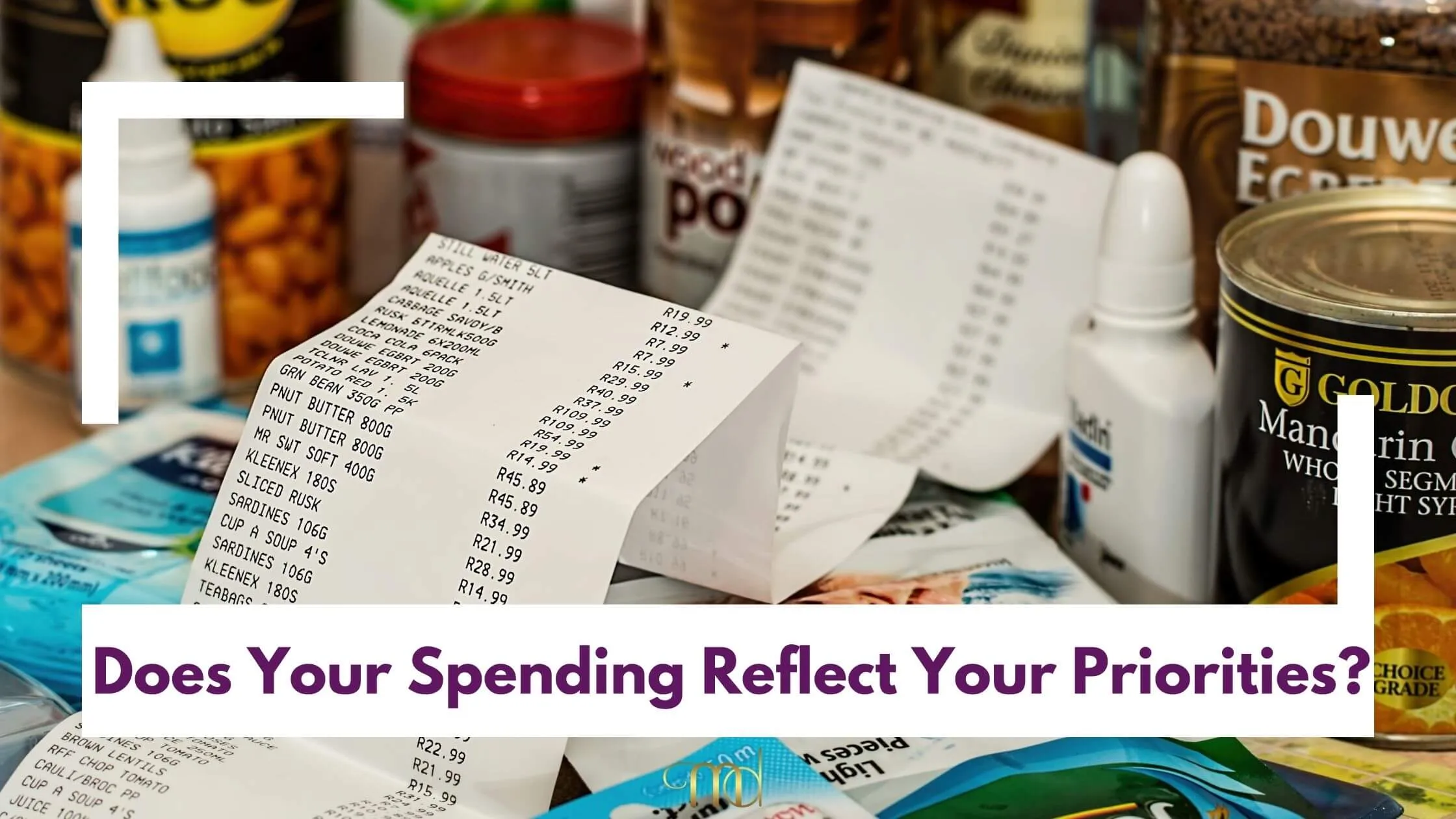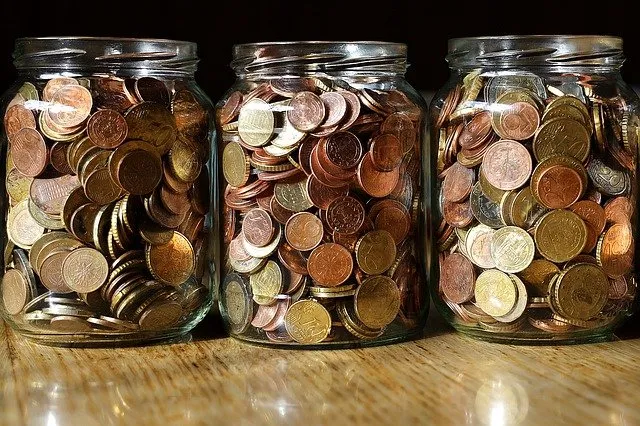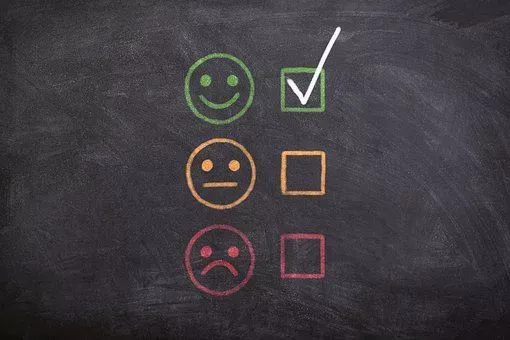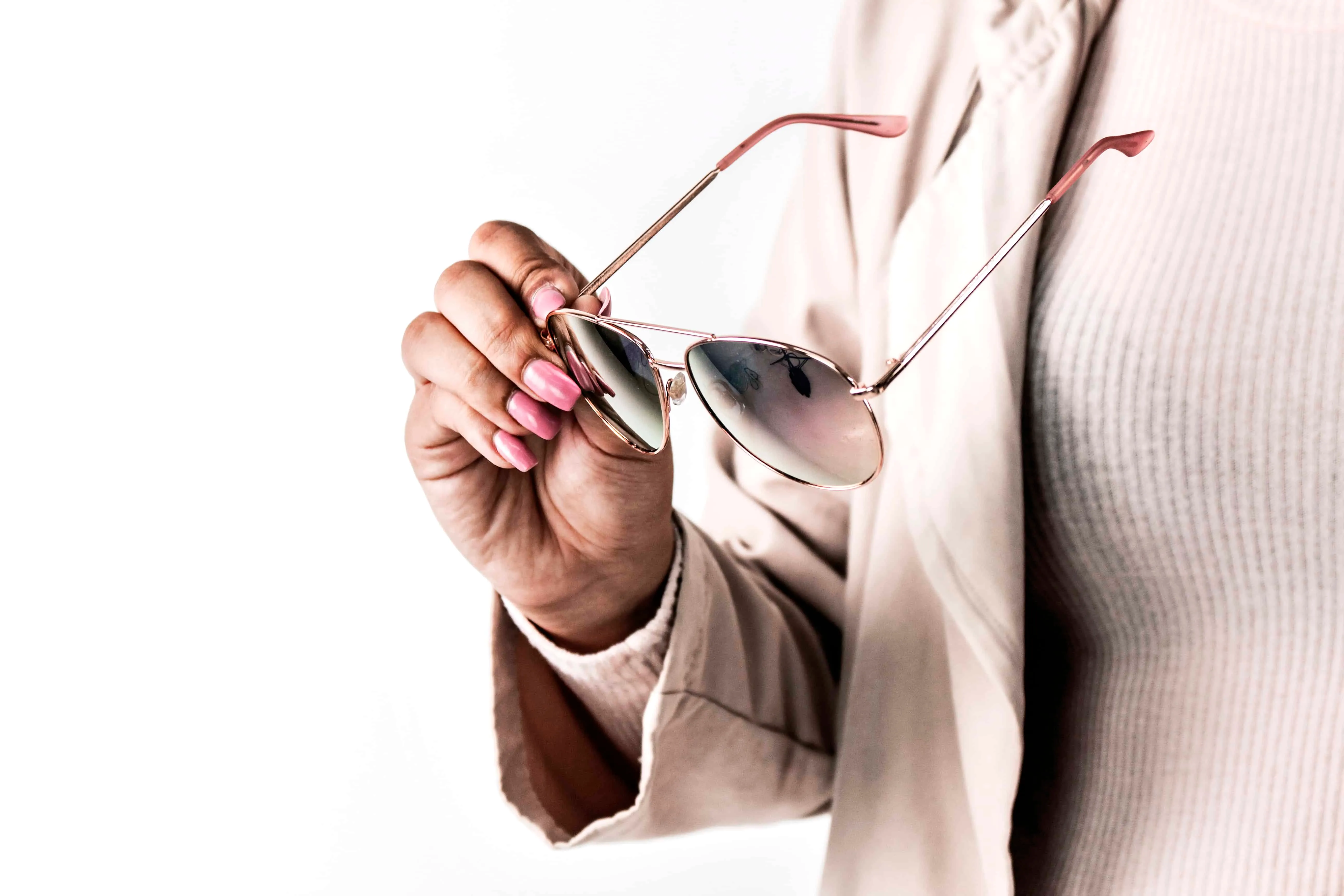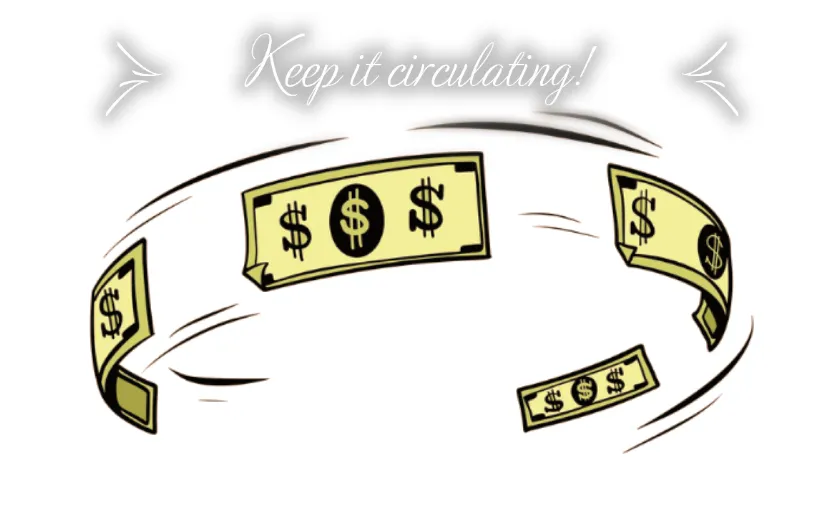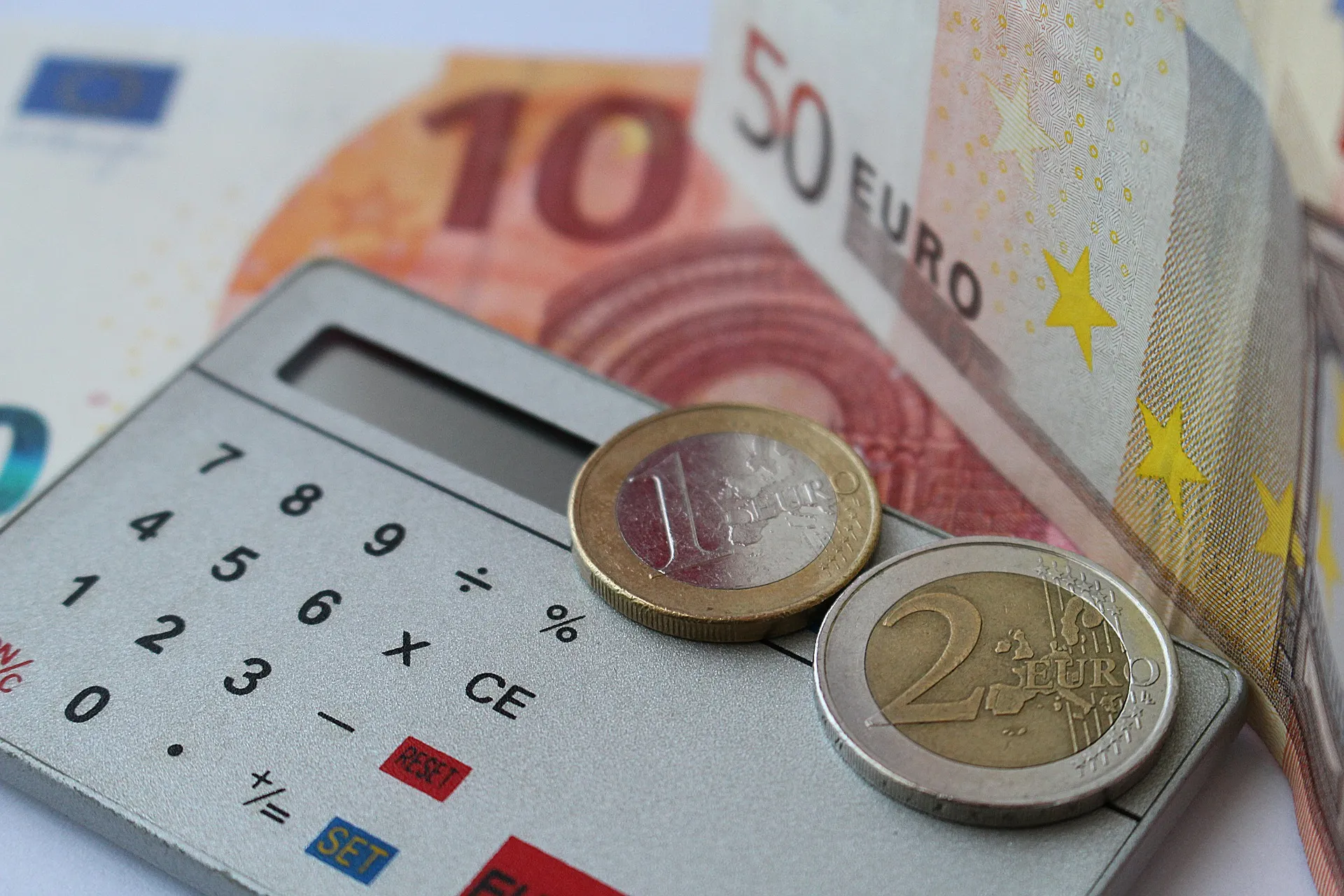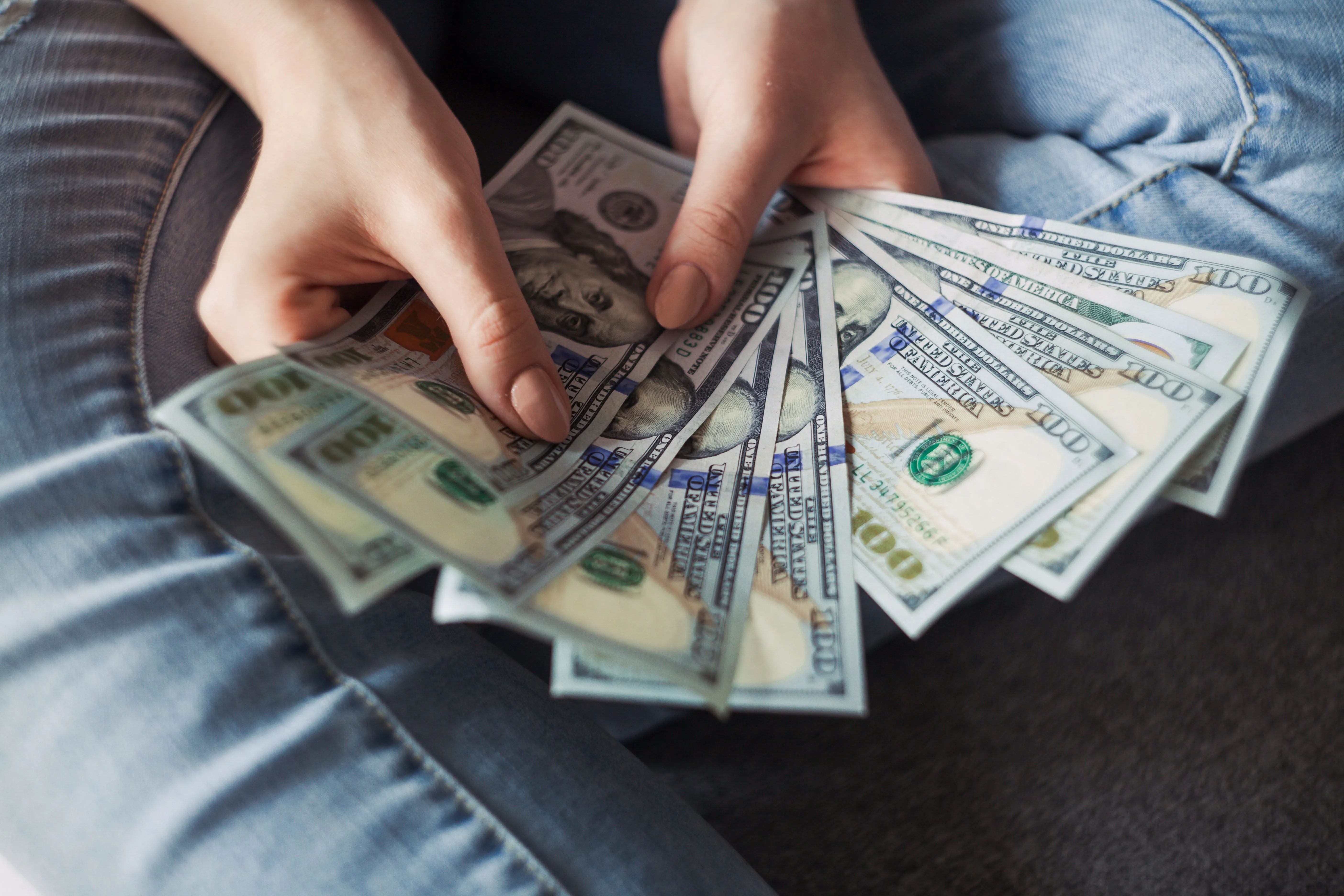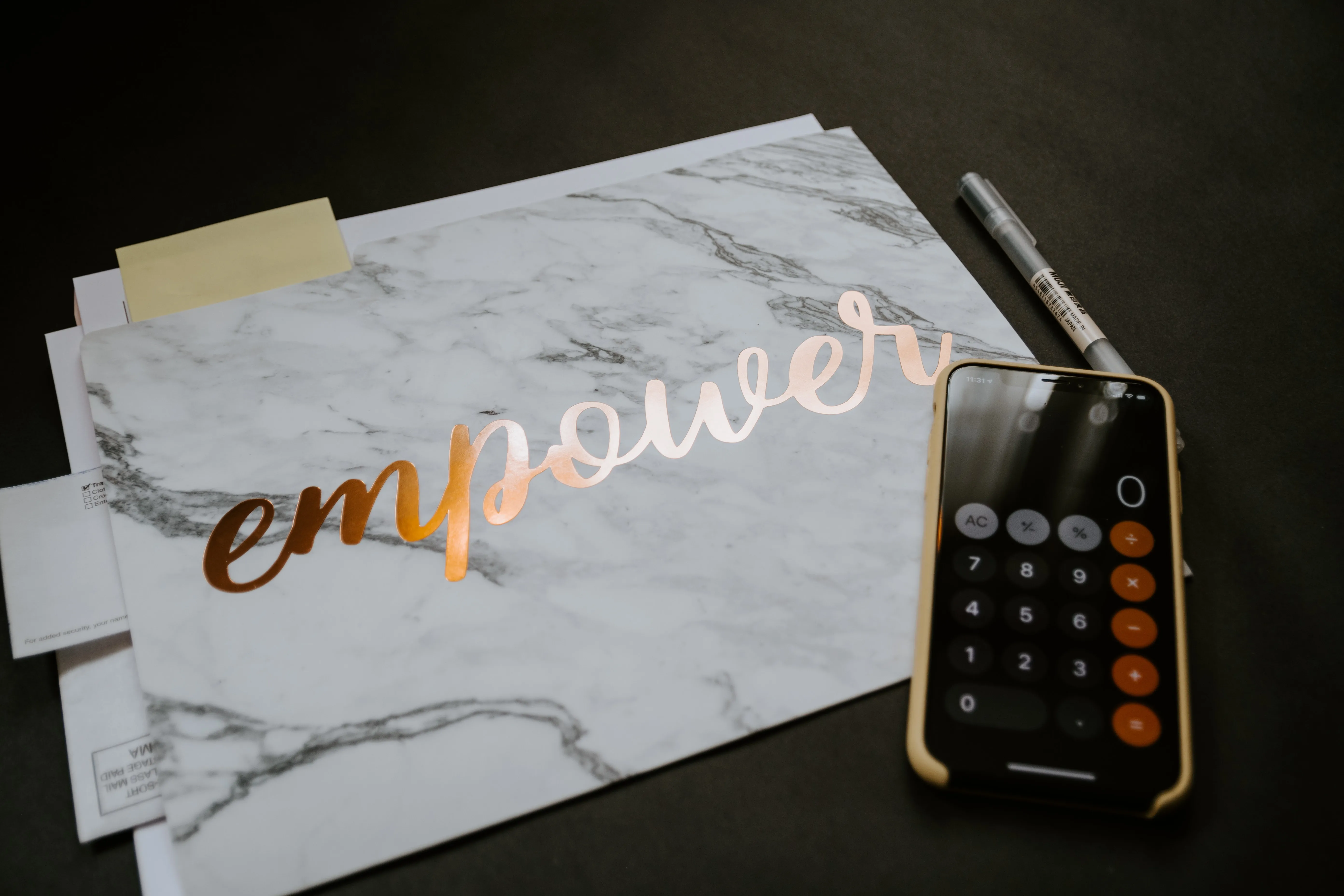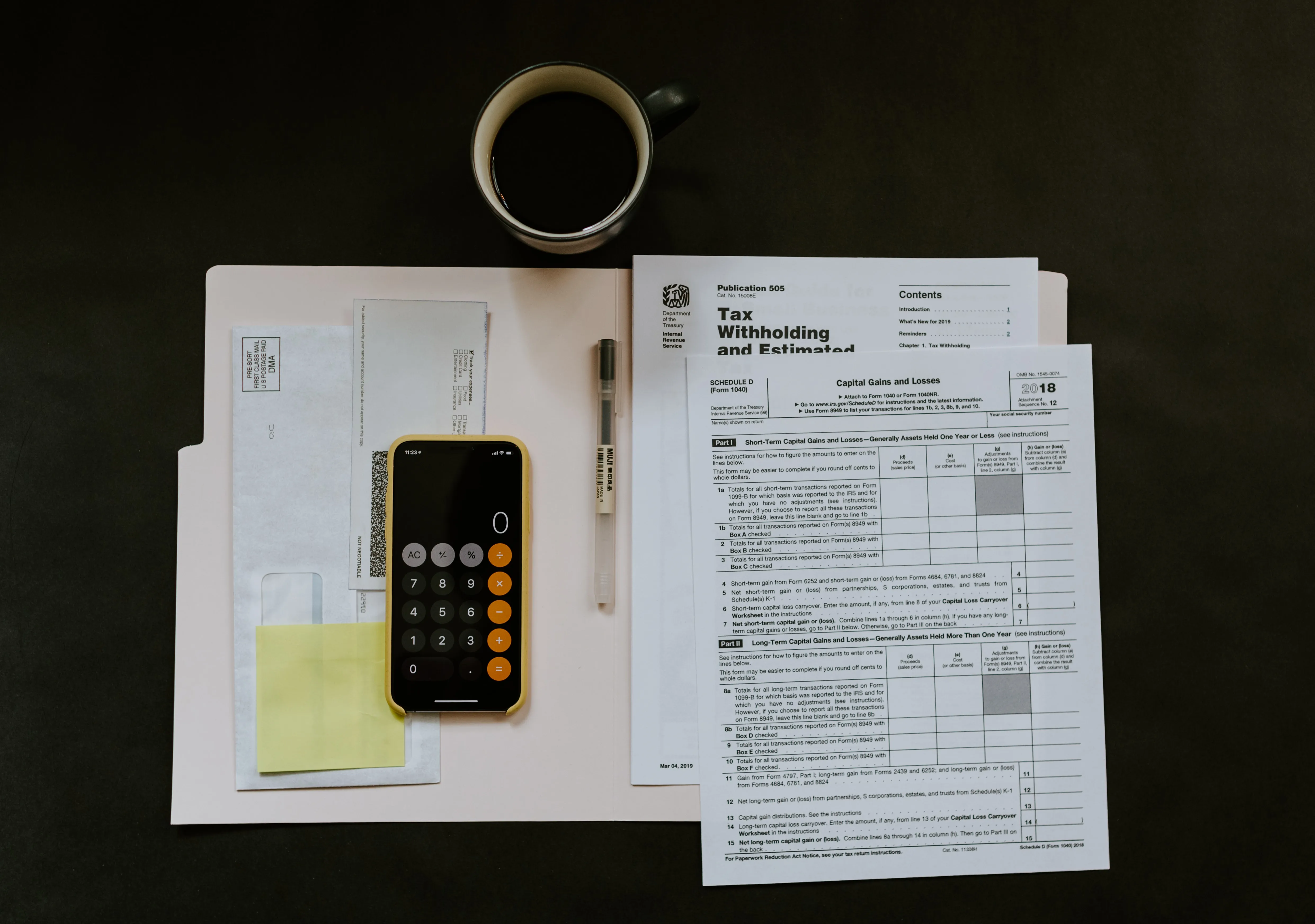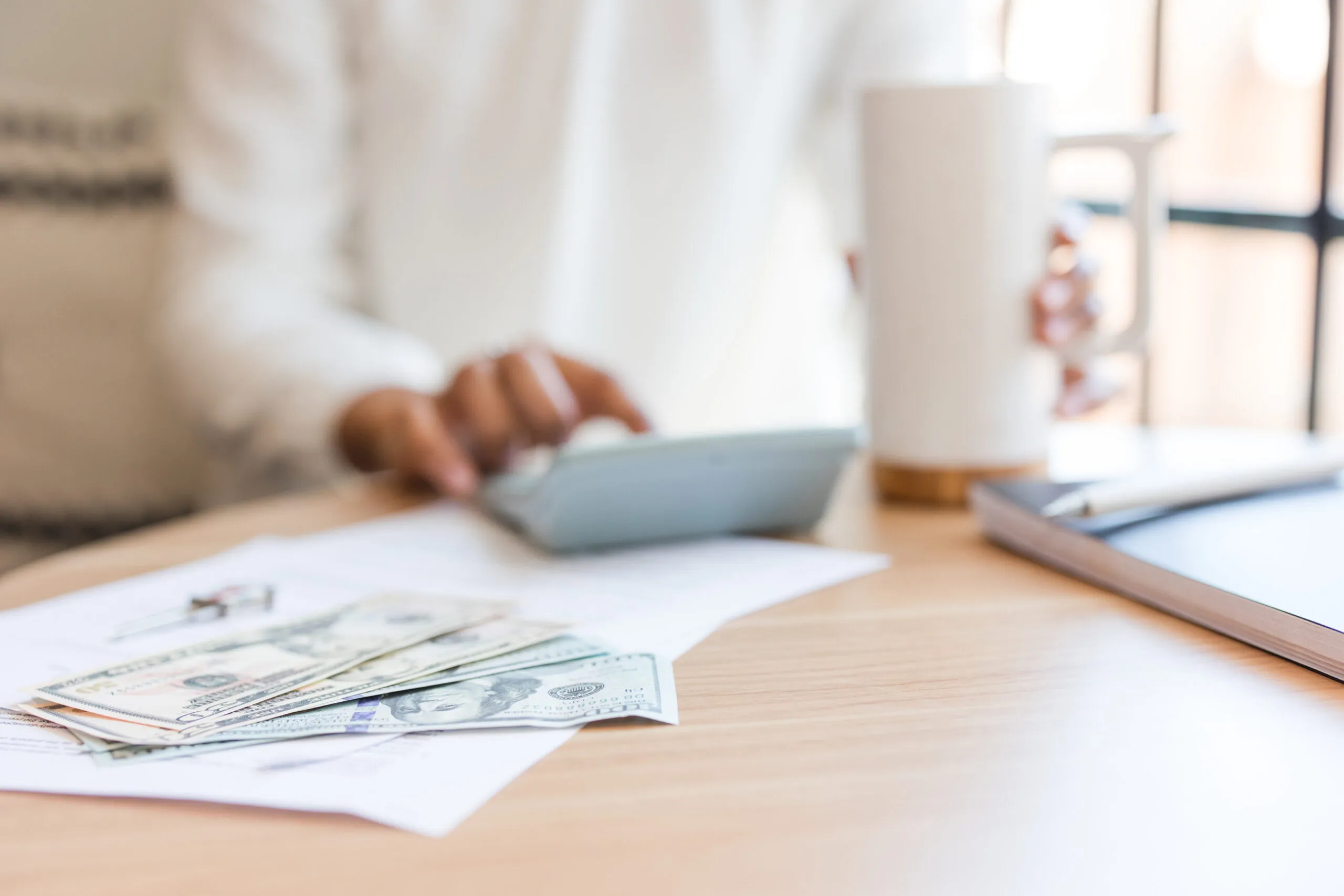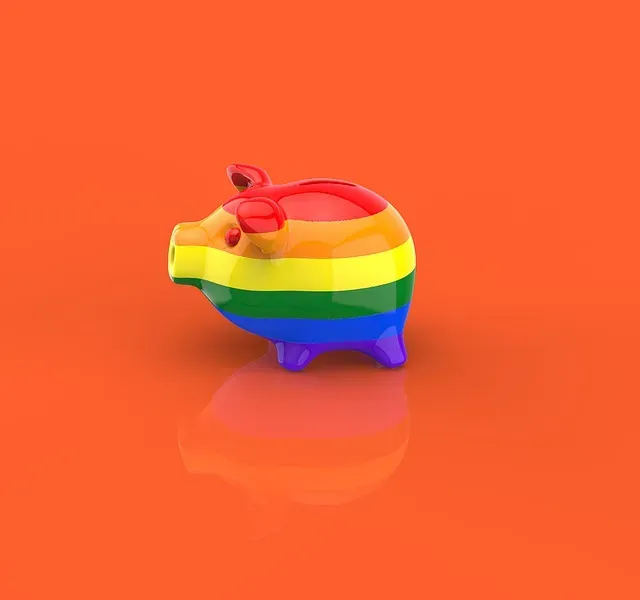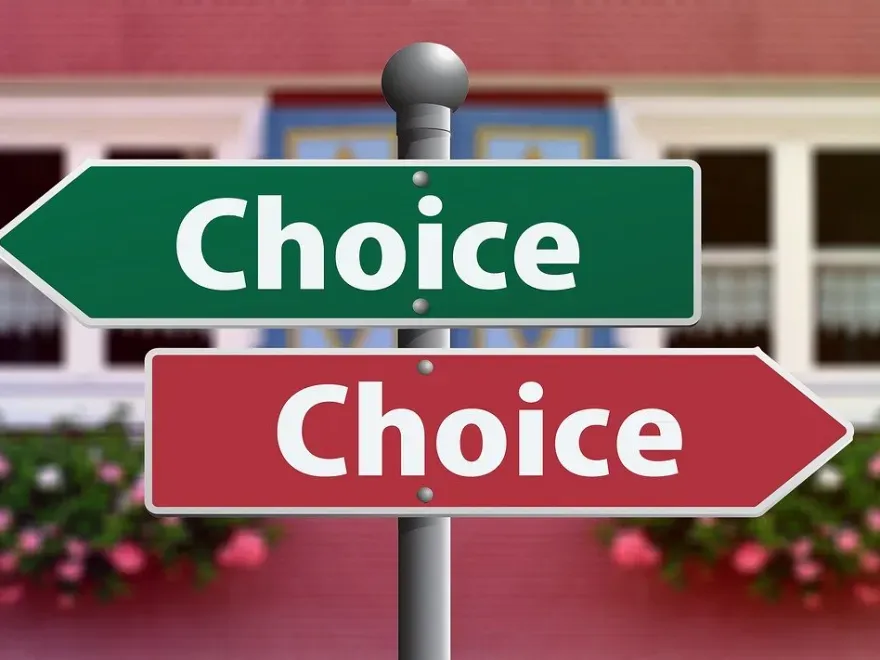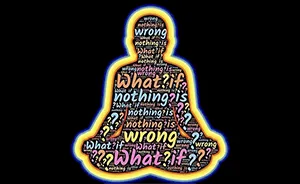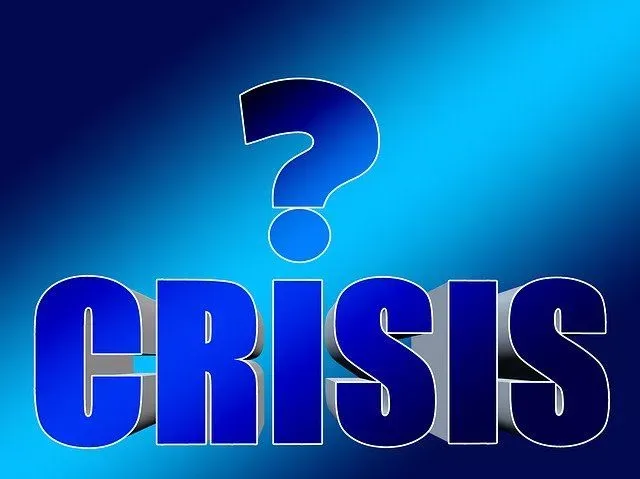Do You Struggle With Compulsive Spending Disorder?

Money is an important part of our lives, and how we choose to use it can greatly impact our financial health and stability. We all love to shop and occasionally splurge on ourselves or our loved ones, but if you constantly want to buy something, that can become a problem. It's no secret that money can be a source of conflict and stress in any household. If you are having the same problem chances are you might be having compulsive spending disorder .
Have you ever found yourself compulsively spending more than you should? Or felt compelled to buy something even when it's not in your budget? Do you often feel guilty or ashamed about how much money you're spending?
If so, then don't worry. This article is for you. Get ready to learn insight into the causes of compulsive spending and strategies for regaining control over your finances.
Compulsive spending involves feeling compelled to spend money on items you don't want or need.
Sometimes, you spend money on things you already have plenty of. For example, even though you love getting new shoes, if you already have 20 pairs of them, it's safe to say you don't need another.
Signs You Might have compulsive spending disorder
Do any of these signs feel familiar?
You spend all your money as soon as you get it
On payday, you might pay some bills. Then, you happily go out to spend any money you have left over. There may be a big clearance on home improvement tools, or the dress boutique is having a going-out-of-business sale. Whatever the case, you deplete the monies you obtain.
You use charge cards to buy items when you have no money
A financially dangerous habit, using charge cards to keep buying once the cash is gone can devastate your money and living situation.
You shop when you feel moody, anxious, or upset in some way
Your feelings largely depend on whether you're shopping since shopping comforts you during stress.
You feel your spending is out of control
No matter what you do, you can't stop.
Your shopping causes difficulties in your life
You may have arguments with your spouse about all the money you spend. Sometimes, you need to be more honest about what you spend.
How to cure you compulsive spending disorder ?
If you experience even one of these points above, there's a real possibility you're dealing with compulsive spending.
Use these strategies to quell your urges to spend:
Make a contract with yourself to stop spending
Write it out and sign it. Find the confidence to change your direction.
For now, remove credit cards from your wallet
If you believe you have the fortitude to use a credit card only for emergencies, keep only 1 card in your billfold. Pay cash for everything. Budget your daily cash amount, and when you run out of cash, you're done spending (on anything) for the rest of the day.
Avoid things that keep you from saving
If you are fond of buying shoes even if you don't really need them, try very hard to stay away from them. Keep yourself away from shoe stores so you will not be tempted to buy one.
Bring exact change
When going to grocery stores, Always bring the exact amount and bring with you a grocery list. If you have limited money in your pocket in grocery stores, you will be forced to buy only the important things you need. Preparing a grocery list will also help you get organized and help you decide what needs to be prioritized.
Avoid window shopping
If given enough money, 7 out of 10 people are lured into buying a personal item they like in a store at first glance.
In a simulated sociological study, people who originally planned on window-shopping bought personal stuff if they took their bank cards with them.
If you are doing window shopping, limit your spending to a few bucks and try making your list the next time you plan on buying such items. Buy only the store items you need and abandon those not satisfying an immediate need.
Go to the malls only when needed. Do not go shopping if you do not need anything important to buy. Window shopping will only tempt you to buy the dress you saw in the boutique, even if you don't really need it.
Hold off and sleep on it!
If you are about to purchase a $100 item, hold off on the purchase until you've given it much thought, say sleeping on it for 1-2 nights. It would not slip your mind if you really need it. Otherwise, if you forget all about it, then it isn't worth the money you have to spend on it. If you decide that you absolutely need and can afford the purchase after such time, go ahead.
Nevertheless, you'll be surprised at how much you can save by just sleeping and thinking things over.
Contemplate your money situation
How long has it been going on? How did you get started spending compulsively? Are there specific situations that trigger you to shop now? How do you feel when spending money?
Work hard to gain an understanding of your drive to spend compulsively.
Charge yourself for spending
Every time you spend money on something other than groceries, gas, or utility bills, pay yourself $20.00. That means you must put back the $20.00 to have it ready when the bill for the frivolous items comes in.
Write down all expenditures
When you see on paper the amount you spent and what you spent it for, it becomes real. In a sense, you're forcing yourself to think about and process your actions.
Examine the possessions you already have
Do you like and use all of them? If you have several debts due to your past credit card spending, consider how to return or re-sell some items you've purchased haphazardly. Then, use that money to pay off the debts.
Recognize spending money doesn't buy you happiness
Be honest: has surrounding yourself with stuff you bought with your hard-earned money provided you the life you seek?
Empower yourself
Empower yourself by becoming more conscious about how spending affects your life. List how your life would change if you had no debt and used the money wisely.
Make contact with the Debtors Anonymous group in your area
Asking for help is the wise thing to do whenever you believe your spending is out of control. Going to Debtors Anonymous won't cost a dime and can support you to get your life back on track.
Get a role model
Look for a person who can serve as a role model for you and adapt to a financial life similar to what he does. In this way, self-control will seem very easy when you see that others are actually doing it.
Save money in time deposits
Save money in the bank or invest in time deposits instead of keeping it in the vicinity. You will not be tempted to get money from the bank every time you need cash if they are placed in a time deposit account.
Consult Money Coach
Consider consulting a financial coach. They can help you and advise you on how to avoid temptations and save more money.
If you've identified yourself as one who spends compulsively, you've taken the first step in the right direction.
Making a contract, avoiding credit cards, charging for spending, keeping track of expenditures, and returning or re-selling unused purchased items will help you get a grip.
Make a list of how your life will change when you stop spending, realizing spending doesn't make you happy, and going to Debtors Anonymous will set you on a positive path to real emotional and financial freedom.
You May Also Like
Are You Headed for Financial Crisis? Don't Avoid These 8 Signs!
Does Your Spending Reflect Your Priorities?
Top 6 Guilty Pleasure That Come With Hidden Expenses – Don't get caught off-guard!


